Water Quality: Why Even Clean City Water Deserves a Final Polish
When people hear “city water,” they often assume it’s perfectly clean and safe, and in many ways, it is.
.avif)
In developed countries like Canada and the United States, our municipal water systems are among the most advanced in the world. Water is sourced from lakes, rivers, or underground aquifers and then treated at massive facilities before being distributed through networks of pipes to homes, schools, and businesses.
That treatment process is designed to meet strict public health standards, removing harmful microorganisms and keeping contaminants below regulatory limits. However, what comes out of your tap isn’t always as pristine as you might expect, and that’s where the concept of polishing your water with a home water filtration system comes in.
What “City Water” Really Means
City water (also called municipal water) refers to water supplied by a centralized utility. Before it reaches your faucet, it goes through a sophisticated, multi-stage treatment process designed to make it safe for large populations.
The process water goes through at a treatment plant is as follows:
- Intake & Screening: Large debris such as sticks, leaves, and fish are screened out before treatment begins.
- Coagulation & Flocculation: Chemicals like aluminum sulfate or iron salts are added to help bind fine particles of dirt and clay into larger clumps called floc.
- Sedimentation: The water then sits in basins, allowing the heavier floc to settle to the bottom.
- Disinfection: Chlorine or chloramine is added to kill bacteria and viruses, ensuring the water remains biologically safe.
- pH & Corrosion Control: Lime (calcium hydroxide) and orthophosphates are added to balance acidity and prevent pipe corrosion, which helps reduce lead and copper leaching.
- Fluoridation (in most large cities, though not Montreal): Small amounts of fluoride are sometimes added to support dental health.
- Distribution: The treated water is stored in reservoirs and pumped through a vast network of underground pipes to homes and businesses.
This process is one of the great engineering feats of modern society. However, as impressive as it is, it doesn’t guarantee that the water emerging from your tap is perfectly pure or ideal for consumption without additional tap water filtration.
Advantages and Disadvantages of City Water
Advantages:
- Consistent Safety: City water is regulated and routinely tested. Outbreaks of waterborne disease are extremely rare compared to areas without municipal treatment.
- Convenience: You get unlimited water directly from the tap, no hauling or delivery needed.
- Fluoridation (in some regions): Many municipalities add fluoride to support dental health.
Disadvantages:
- Residual Chemicals: Disinfectants like chlorine and chloramine remain in the water to prevent bacterial growth in the pipes. These chemicals can give the water an unpleasant smell or taste and may irritate skin and hair. Installing a chlorine removal filter or shower filter can significantly improve comfort and safety.
- Aging Infrastructure: In older cities, water travels through outdated service lines made of lead or copper. Over time, corrosion can release trace amounts of metals into the water. Using a lead reduction filter ensures safer drinking water.
- Secondary Contaminants: Even if water leaves the treatment plant clean, it can pick up impurities — like rust, sediment, or microplastic, on its journey through municipal pipes. Point-of-use under sink water filters provide the last line of protection.
So while city water is safe, it’s rarely perfect.
Why Filtration Is Still Recommended
Choosing to filter city water isn’t a statement that your water is “bad.” It’s about refinement, taking something that’s already treated and polishing it to its highest potential using a home water filtration system or point-of-use water filtration.
Think of it like air: the air outside might be breathable, but most people still use purifiers at home to remove dust, allergens, and odors. The same philosophy applies to water. A drinking water filter at the tap removes residual chlorine, lead, and other trace contaminants that municipal systems aren’t designed to eliminate.
This “polishing step” doesn’t just improve safety margins; it transforms the experience of water itself.
Common Contaminants Found in City Water
Two of the most notable contaminants in North American tap water are lead and chlorine.
Lead
Lead is not added intentionally; it seeps into water from old service lines or household plumbing. Even very low levels are considered unsafe, especially for children and pregnant women. Lead can affect cognitive development, blood pressure, and overall neurological health. Using a lead reduction filter can act as a critical last line of defense.
Chlorine
Chlorine is essential for disinfection, but once water reaches your home, it may no longer serve much purpose. Instead, it can cause your water to have a chemical taste and odor. For people with sensitive skin or hair, chlorine can strip away natural oils, leading to dryness, irritation, and even accelerated color fading for dyed hair. That’s why a shower filter or chlorine removal filter is highly recommended.
A Small Investment for a Big Return
Compared to other wellness purchases, gym memberships, supplements, and skincare products, installing a high-quality under sink water filter or point-of-use water filtration system is an incredibly low-cost, high-impact investment. Every sip, shower, and meal prepared with filtered water delivers compounding benefits.
Tangible Benefits You Can Feel
- Taste & Smell: Removing chlorine, sediments, and organic compounds gives water a fresh, crisp flavor, perfect for coffee, tea, cooking, and hydration.
- Health & Hydration: With fewer chemical byproducts and trace metals, your body absorbs and utilizes water more efficiently.
- Skin & Hair: Chlorine-free showers with a shower filter mean smoother skin, reduced irritation, and softer, more hydrated hair.
- Appliance Longevity: Filtered water reduces scale buildup in kettles, coffee machines, and fixtures, extending their lifespan.
In Summary
City water is safe, convenient, and reliable. But it’s not the final product. By using tap water filtration, under sink water filters, or shower filters, you’re completing the process and transforming ordinary city water into truly clean, refreshing, life-enhancing water for your home, body, and peace of mind.
Powerful, self-serve product and growth analytics to help you convert, engage.


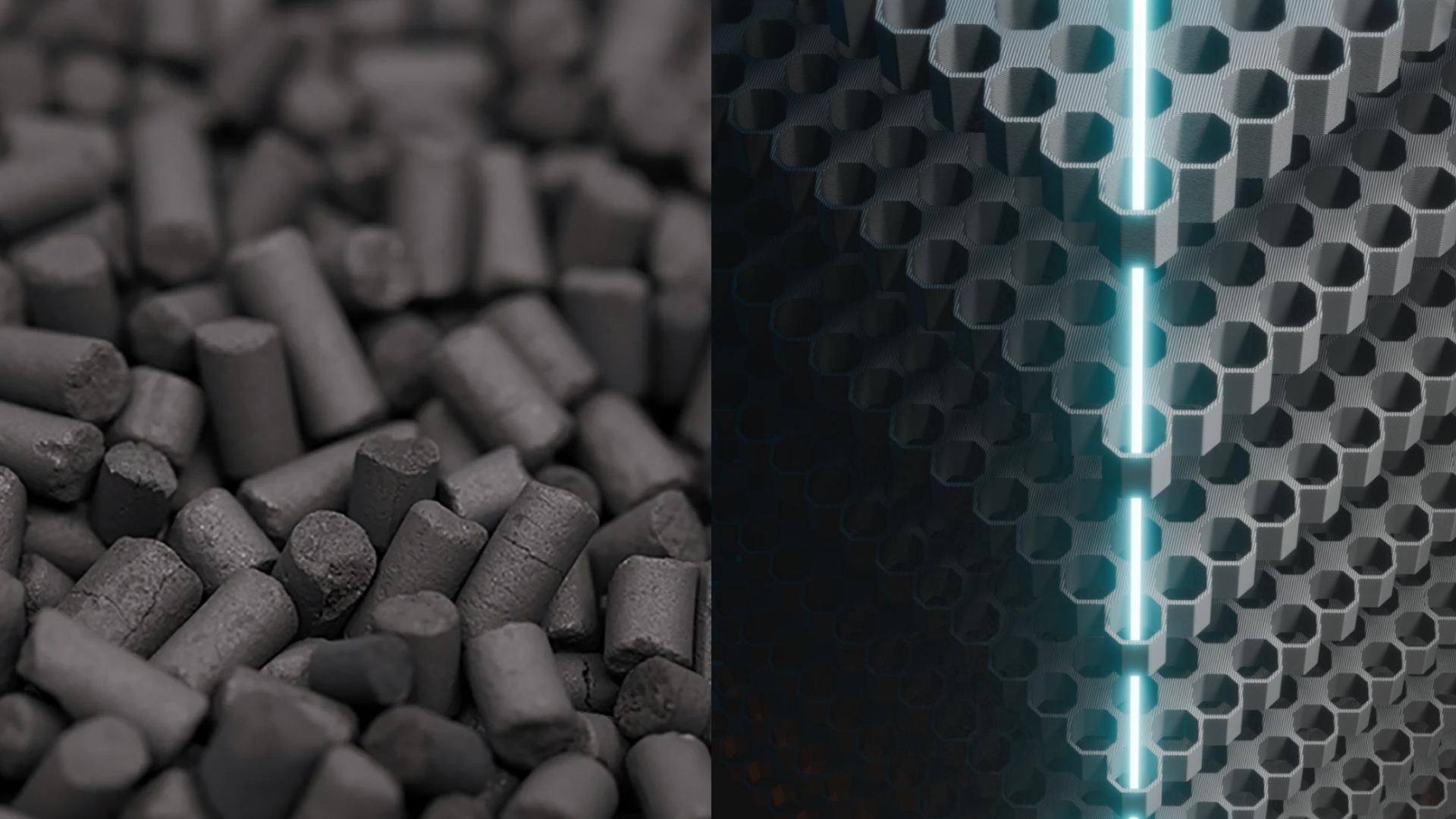

.svg)
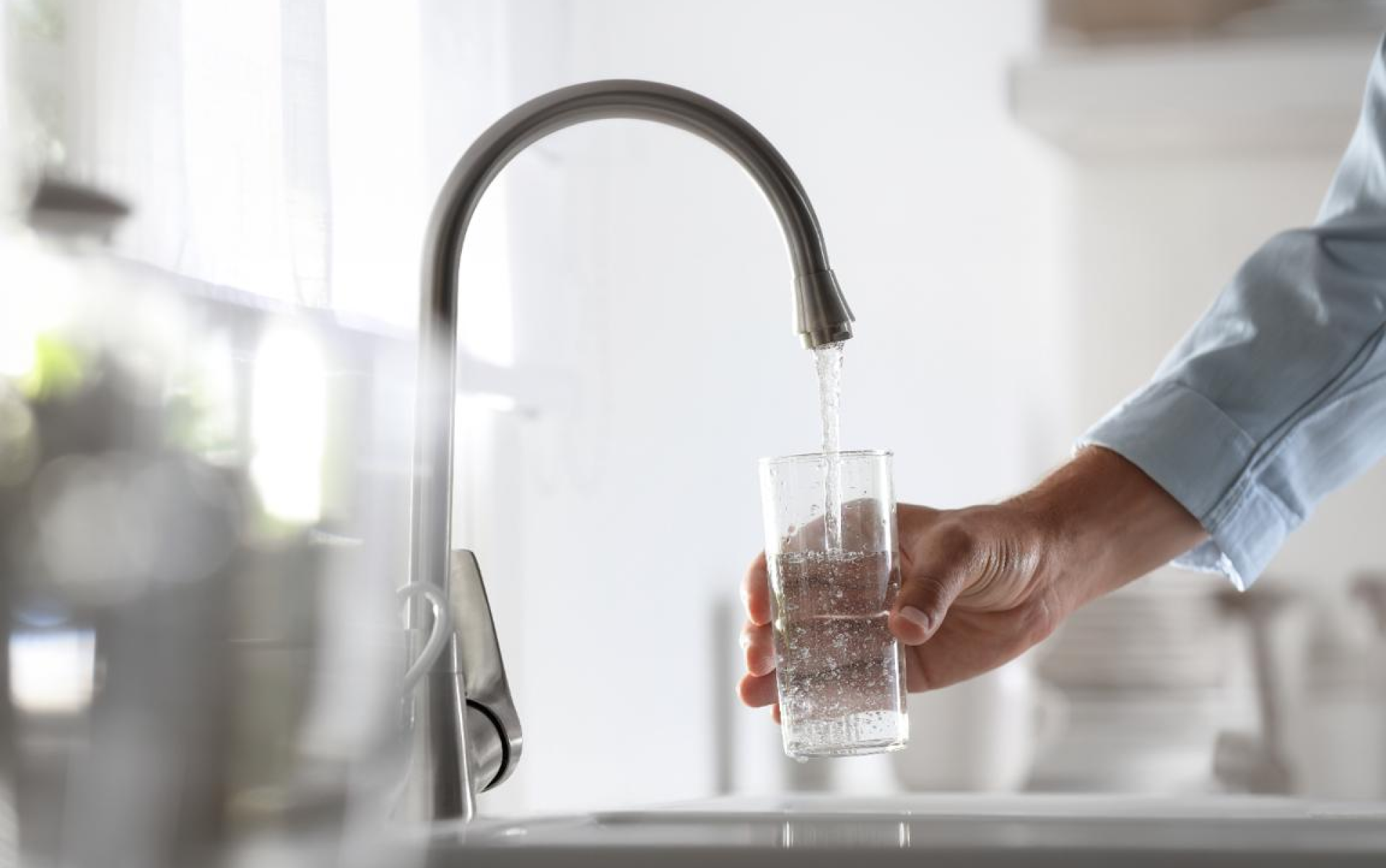
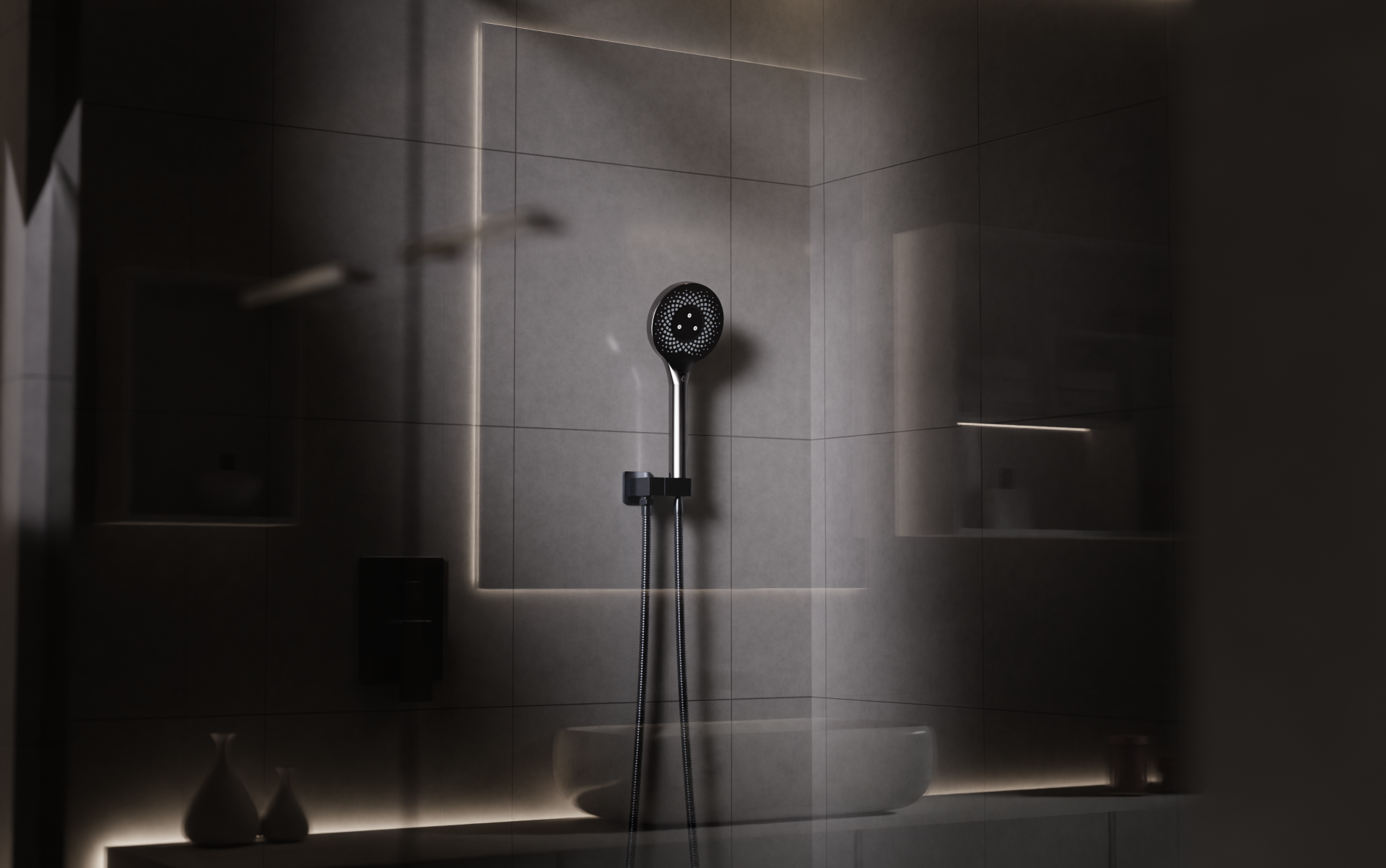
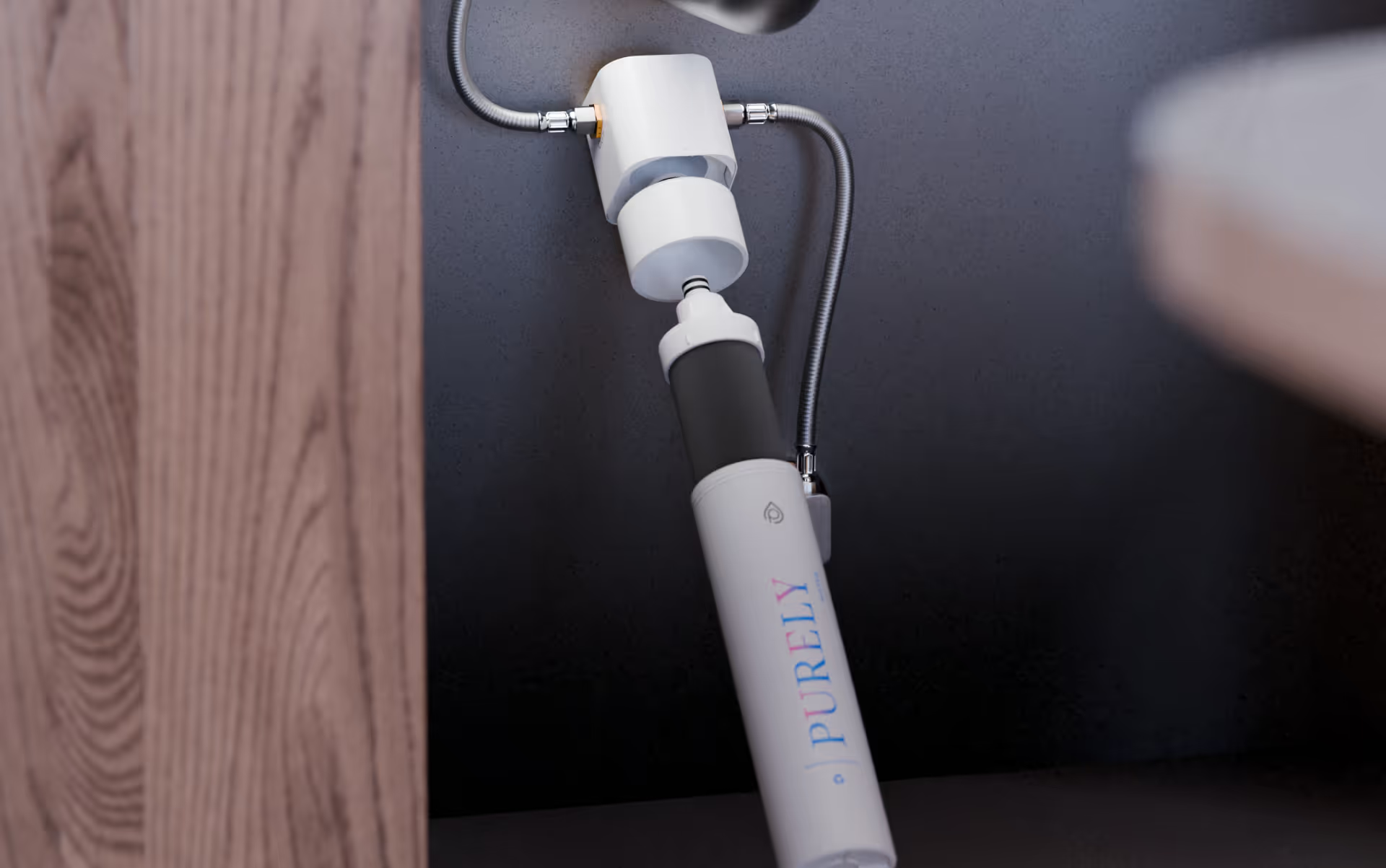
.avif)
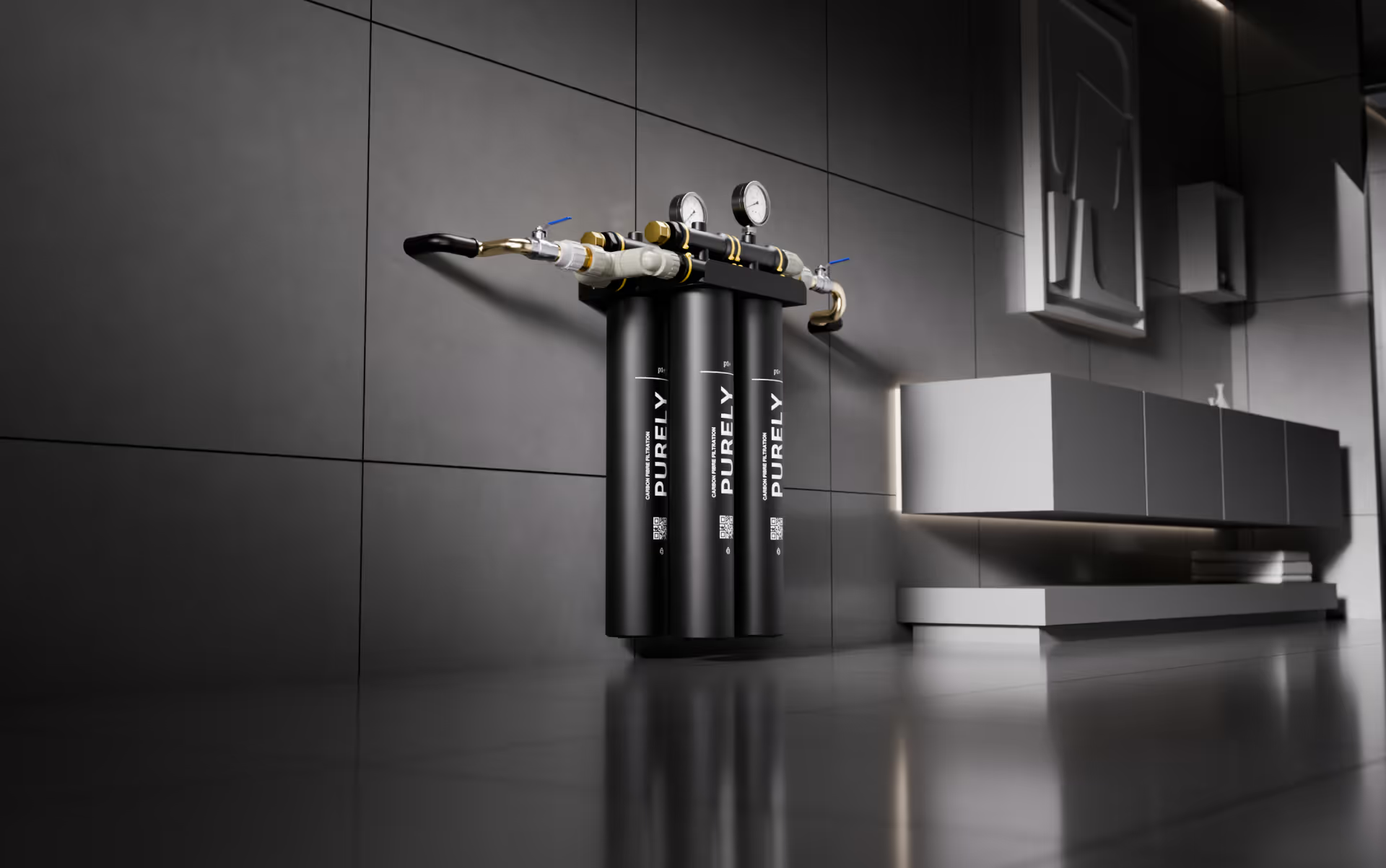
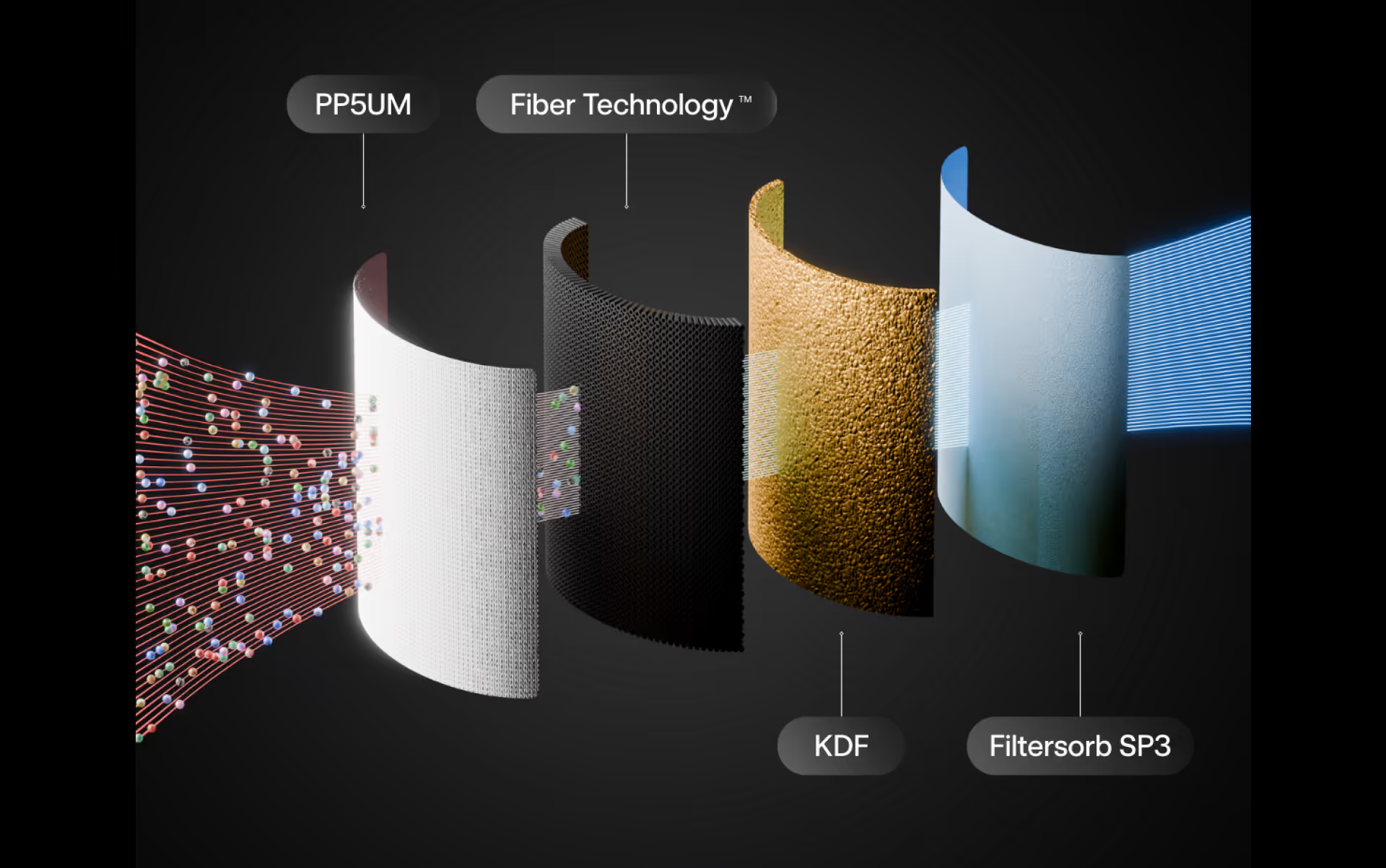

.avif)
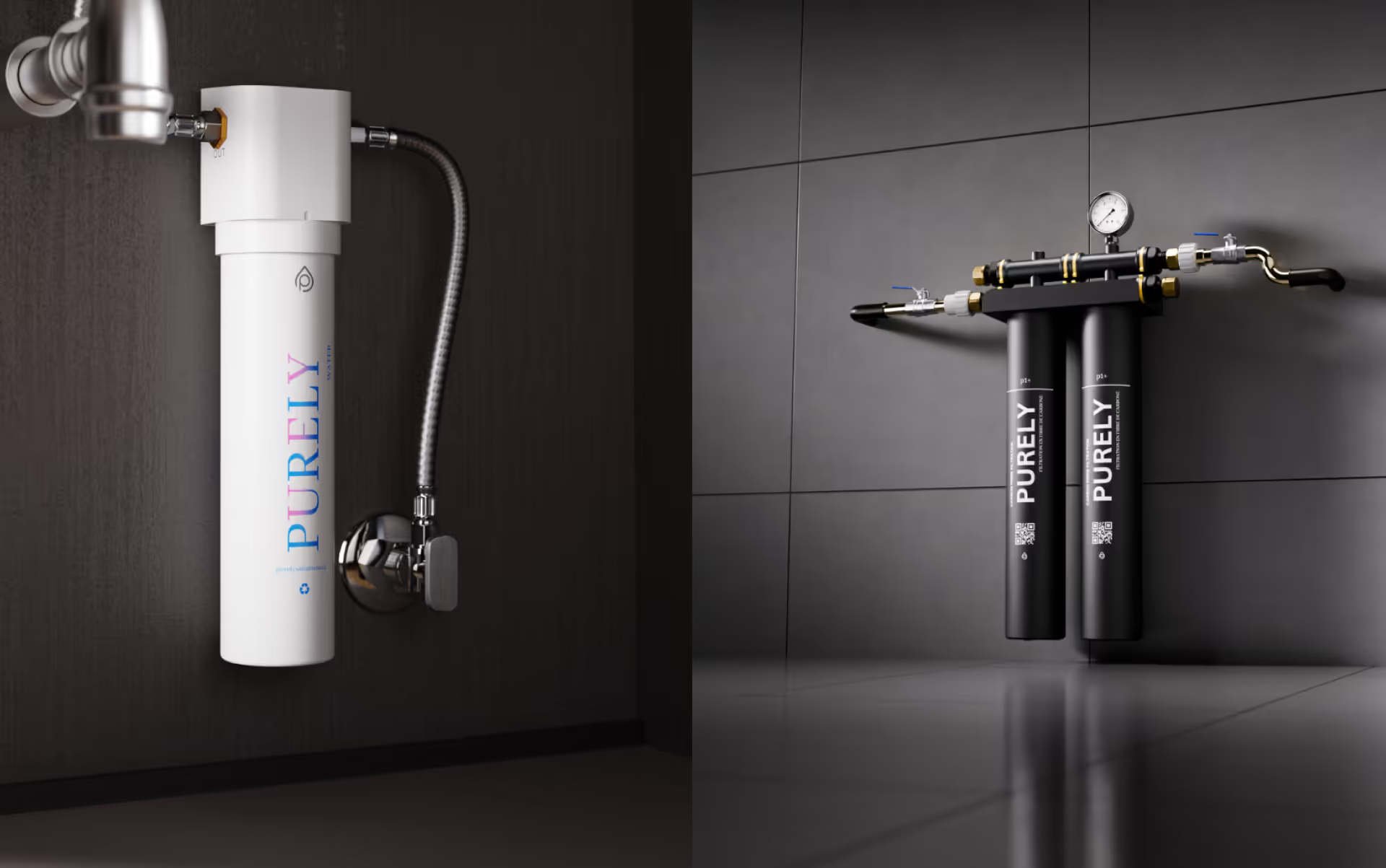
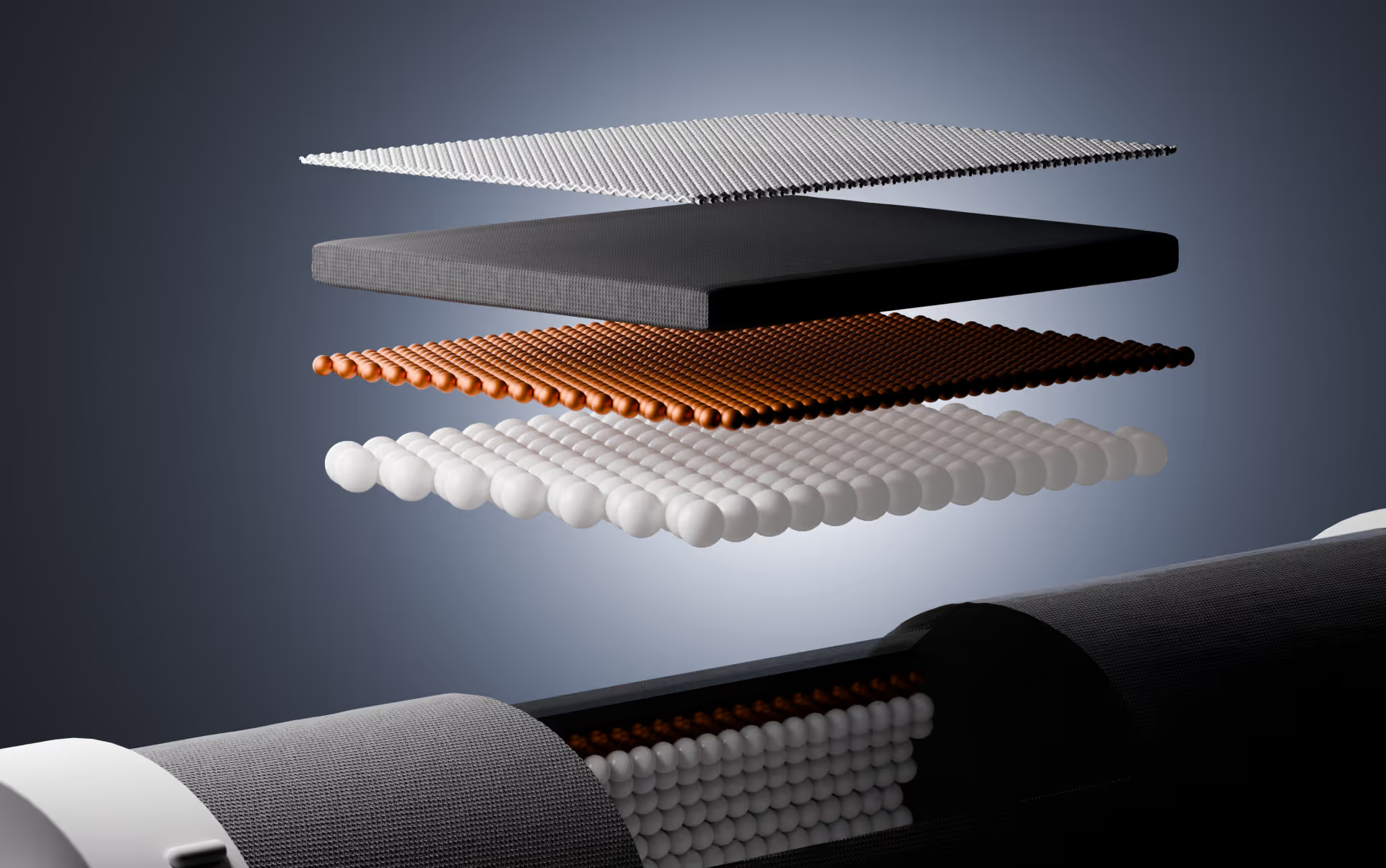
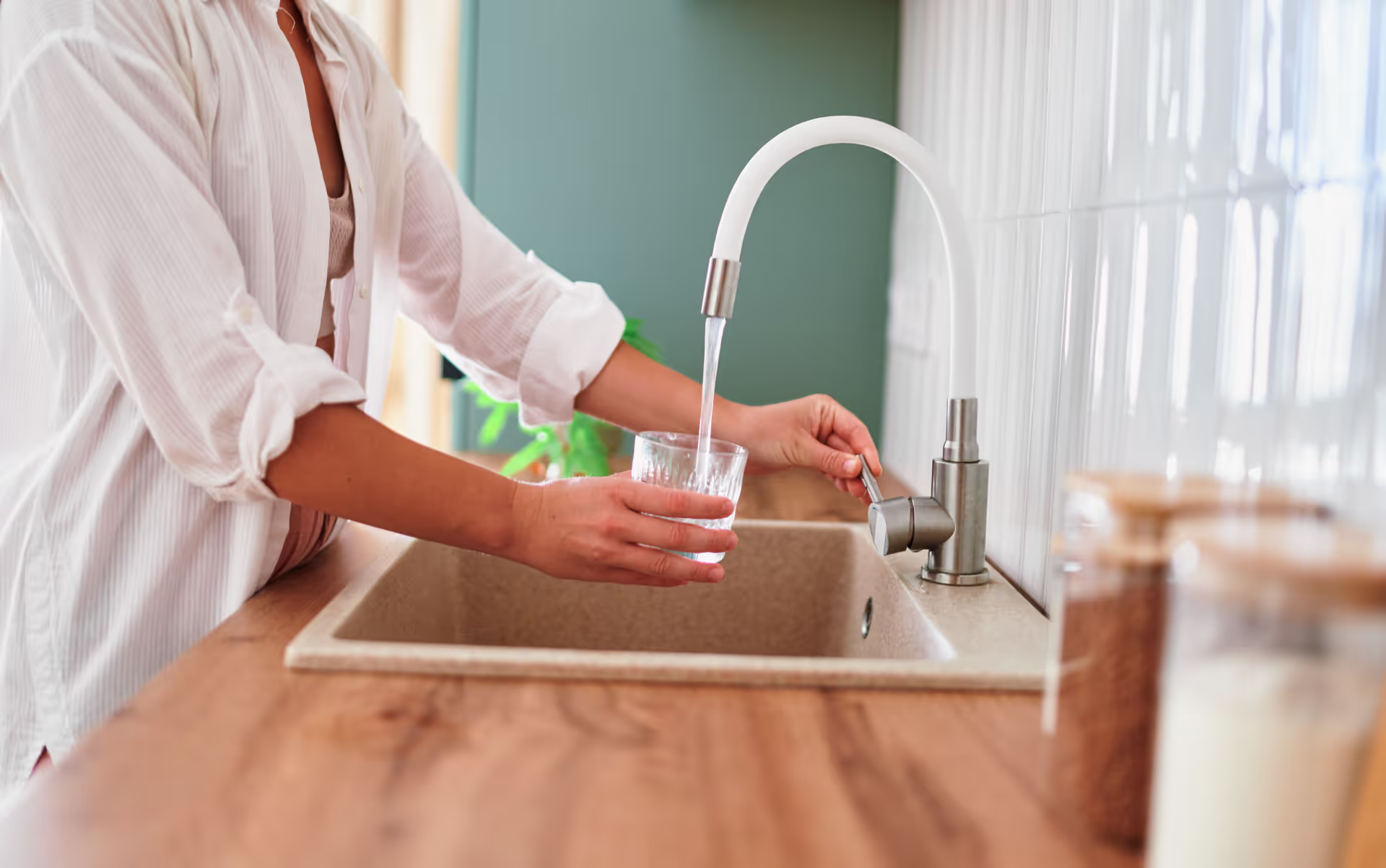
.avif)
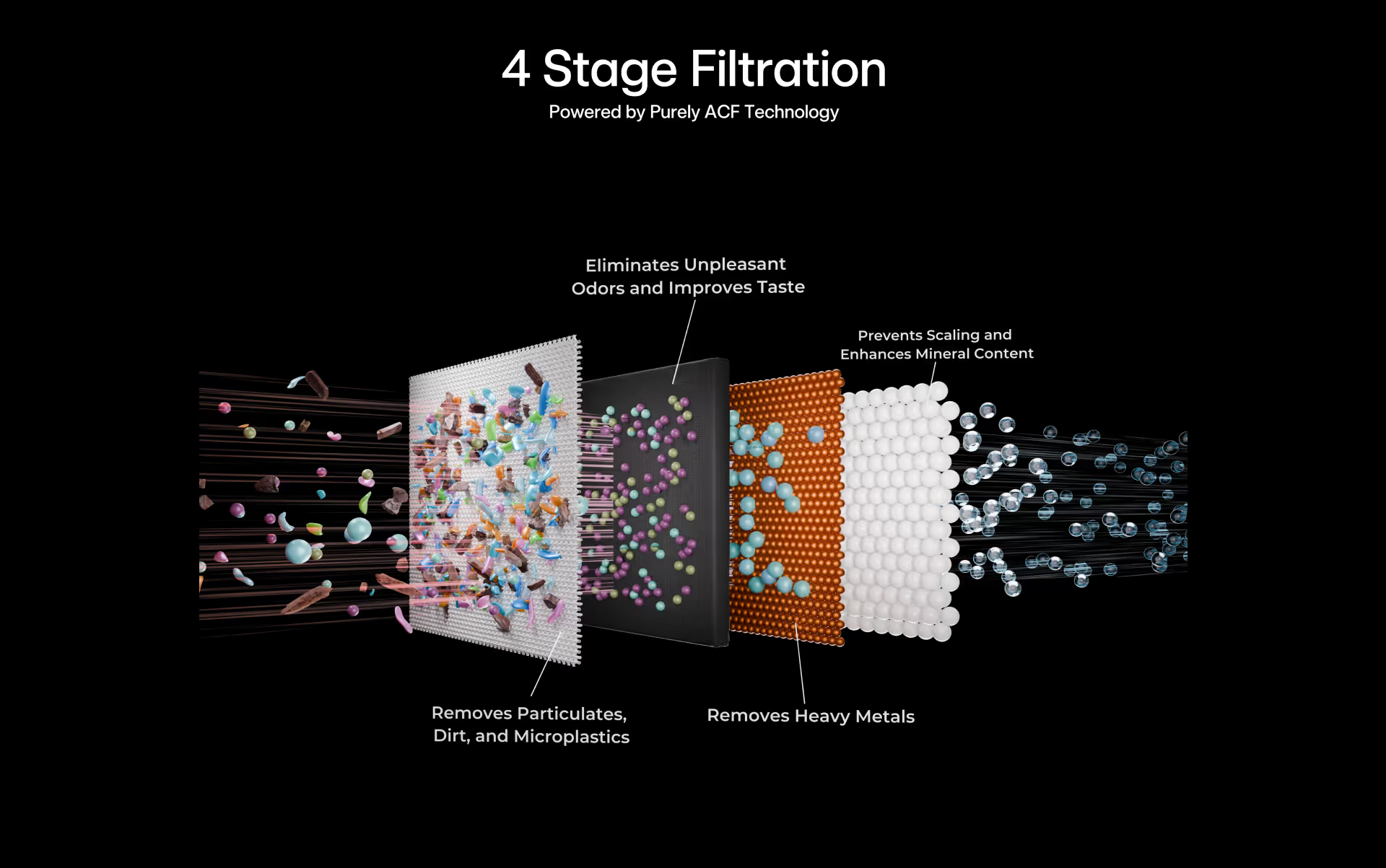


.avif)
.avif)
-min%201.avif)